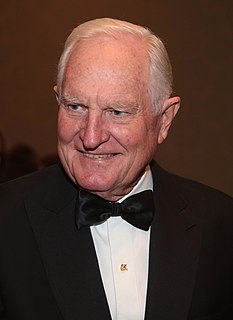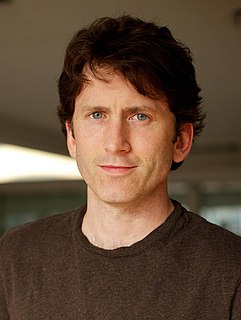A Quote by John Carmack
It is difficult to make good scalable use of a CPU like you can of a graphics card. You certainly don't want 'better or worse' physics or AI in your game
Related Quotes
We play a sport. It's a game. At the end of the day, that's all it is, is a game. It doesn't make you any better or any worse than anybody else. So by winning a game, you're no better. By losing a game, you're no worse. I think by keeping that mentality, it really keeps things in perspective for me to treat everybody the same.
If we can make computers more intelligent - and I want to be careful of AI hype - and understand the world and the environment better, it can make life so much better for many of us. Just as the Industrial Revolution freed up a lot of humanity from physical drudgery I think AI has the potential to free up humanity from a lot of the mental drudgery.
There's a great phrase, written in the '70s: 'The definition of today's AI is a machine that can make a perfect chess move while the room is on fire.' It really speaks to the limitations of AI. In the next wave of AI research, if we want to make more helpful and useful machines, we've got to bring back the contextual understanding.
Meteorologists don't use a script, and most create their own graphics and certainly put together their own forecasts. Most of us went to school to become scientists - at least I did - and studied thermodynamics, physics, and tons of calculus to take this young science to the next level. Our accuracy is amazing and will only continue to improve.
For us, it's about having the game react to the player as much as possible. There's ways you can do that with technology, graphics, AI - we're doing some VR stuff right now - and so it's what we think is great about not just our games, but what's great about video games - how are they better than any other form of entertainment?


































